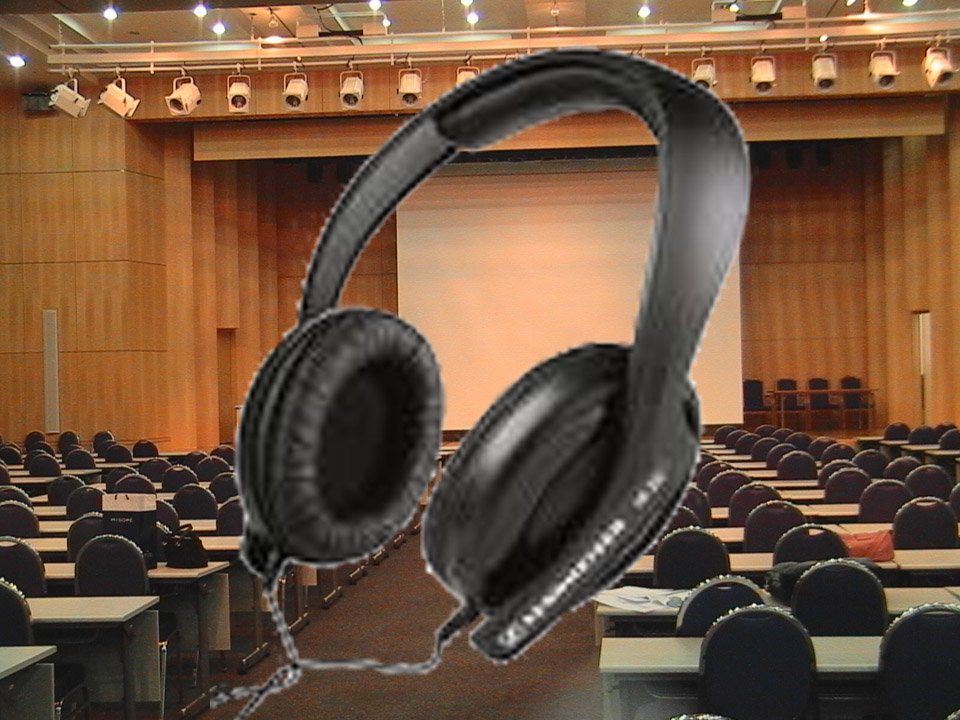The American Way of Life (Part 4 of 28)
Part 4: of a 28-part series
3) The third idea to define the American way of life, is this: that individual lives are resting.
So, we are progressing. We are demonstrating in the right sense (or illustrating in our diverse ways). And we are resting. So, progressing, demonstrating, and resting. Lives resting on their political ability - on our own political savvy, our own political acuteness - to secure our own God-given rights to life, liberty, and pursuit of happiness. And I define pursuit of happiness here according to the Founding Fathers understanding of their livelihood. And well unfold that as we go along.
When any form of government becomes destructive of these ends, it is the right of the people themselves to alter or to abolish it. By the way, when you alter or abolish something, it always has to be better than what you are supplanting. It has to be a superior answer, not inferior -- not to bring upon you a cure worse than the disease itself. We have to reason. These people knew how to reason themselves out of the paper bag that they were in.
One discovery today, if I may make a sidebar note here, is that its very difficult for individuals today, as a product of their education, to get from Point A to Point B. They have memorized and they have learned by rote many facts and information, but they cant link one idea to another idea. It doesnt connect. There is a broken synapse. It just doesnt compute. And so, what we have here in 1776, is a people who knew how to get from Point A to Point B, who knew cause and consequences.
Today we act without reasoning what the end result might possibly be. Were not trained to do so. Thats political ability. Otherwise, were going to face unintended consequences. They foresaw consequences, and they avoided those consequences they could foresee. Its a matter of political ability, to reason in that sphere of policy.
To be continued...
3) The third idea to define the American way of life, is this: that individual lives are resting.
So, we are progressing. We are demonstrating in the right sense (or illustrating in our diverse ways). And we are resting. So, progressing, demonstrating, and resting. Lives resting on their political ability - on our own political savvy, our own political acuteness - to secure our own God-given rights to life, liberty, and pursuit of happiness. And I define pursuit of happiness here according to the Founding Fathers understanding of their livelihood. And well unfold that as we go along.
When any form of government becomes destructive of these ends, it is the right of the people themselves to alter or to abolish it. By the way, when you alter or abolish something, it always has to be better than what you are supplanting. It has to be a superior answer, not inferior -- not to bring upon you a cure worse than the disease itself. We have to reason. These people knew how to reason themselves out of the paper bag that they were in.
One discovery today, if I may make a sidebar note here, is that its very difficult for individuals today, as a product of their education, to get from Point A to Point B. They have memorized and they have learned by rote many facts and information, but they cant link one idea to another idea. It doesnt connect. There is a broken synapse. It just doesnt compute. And so, what we have here in 1776, is a people who knew how to get from Point A to Point B, who knew cause and consequences.
Today we act without reasoning what the end result might possibly be. Were not trained to do so. Thats political ability. Otherwise, were going to face unintended consequences. They foresaw consequences, and they avoided those consequences they could foresee. Its a matter of political ability, to reason in that sphere of policy.
To be continued...



